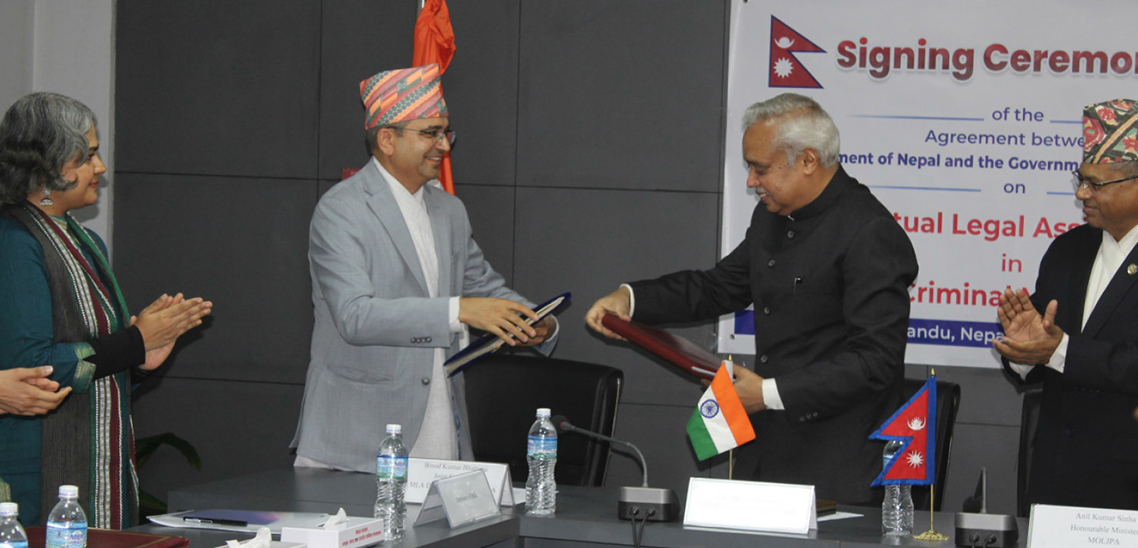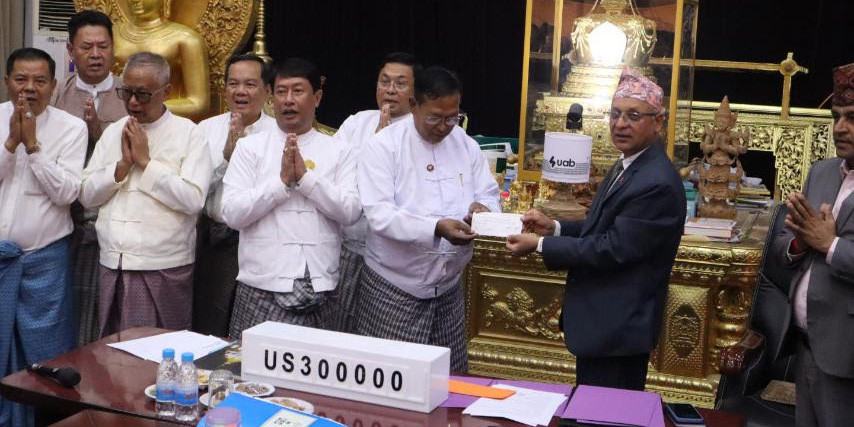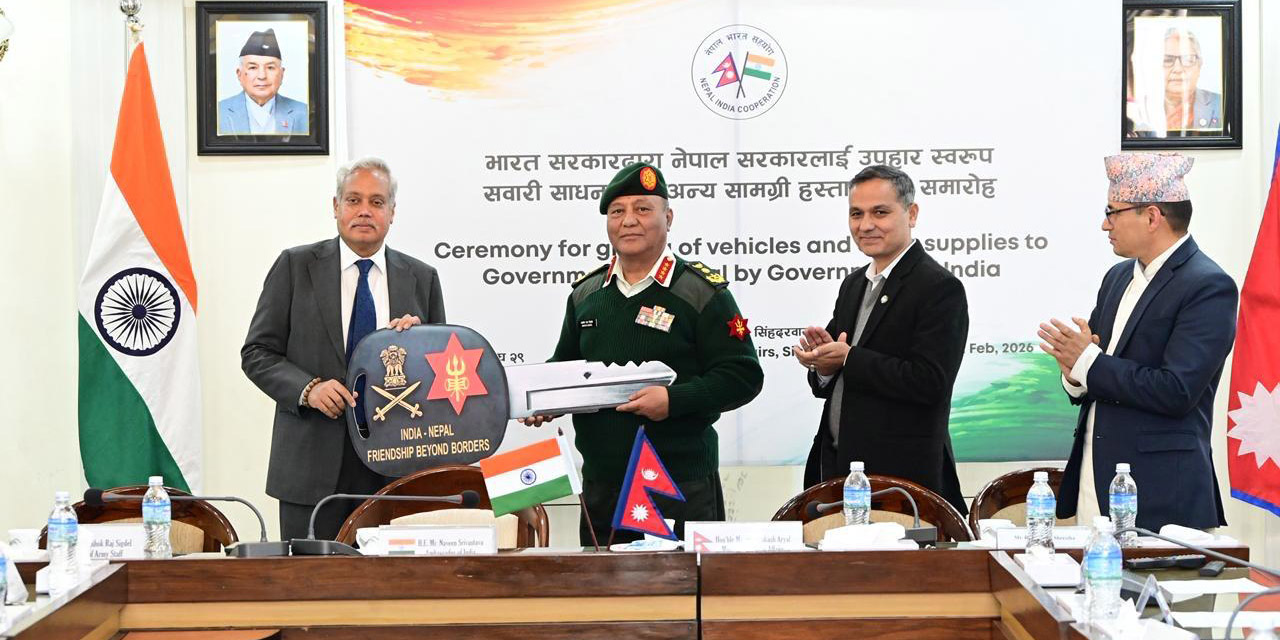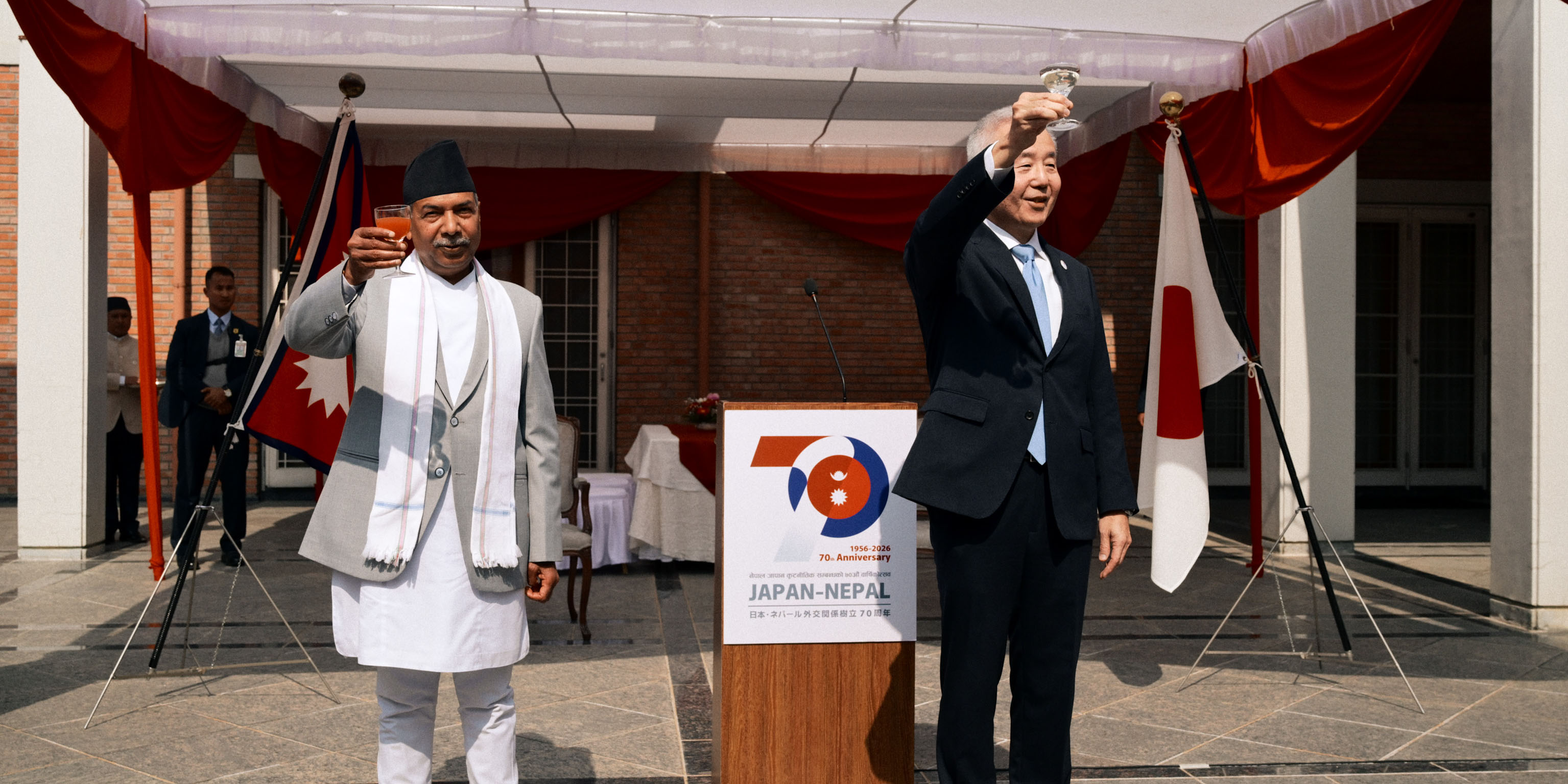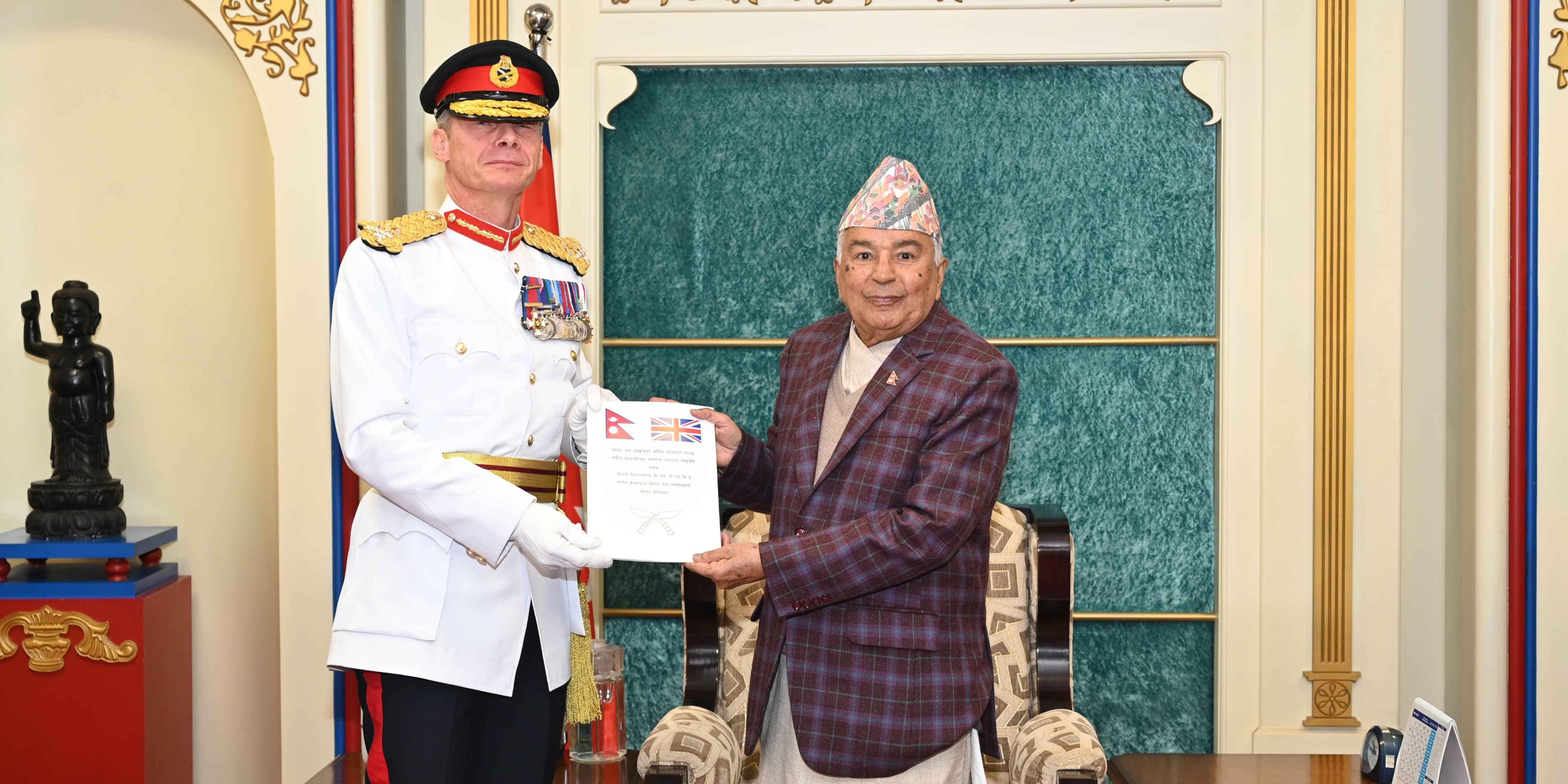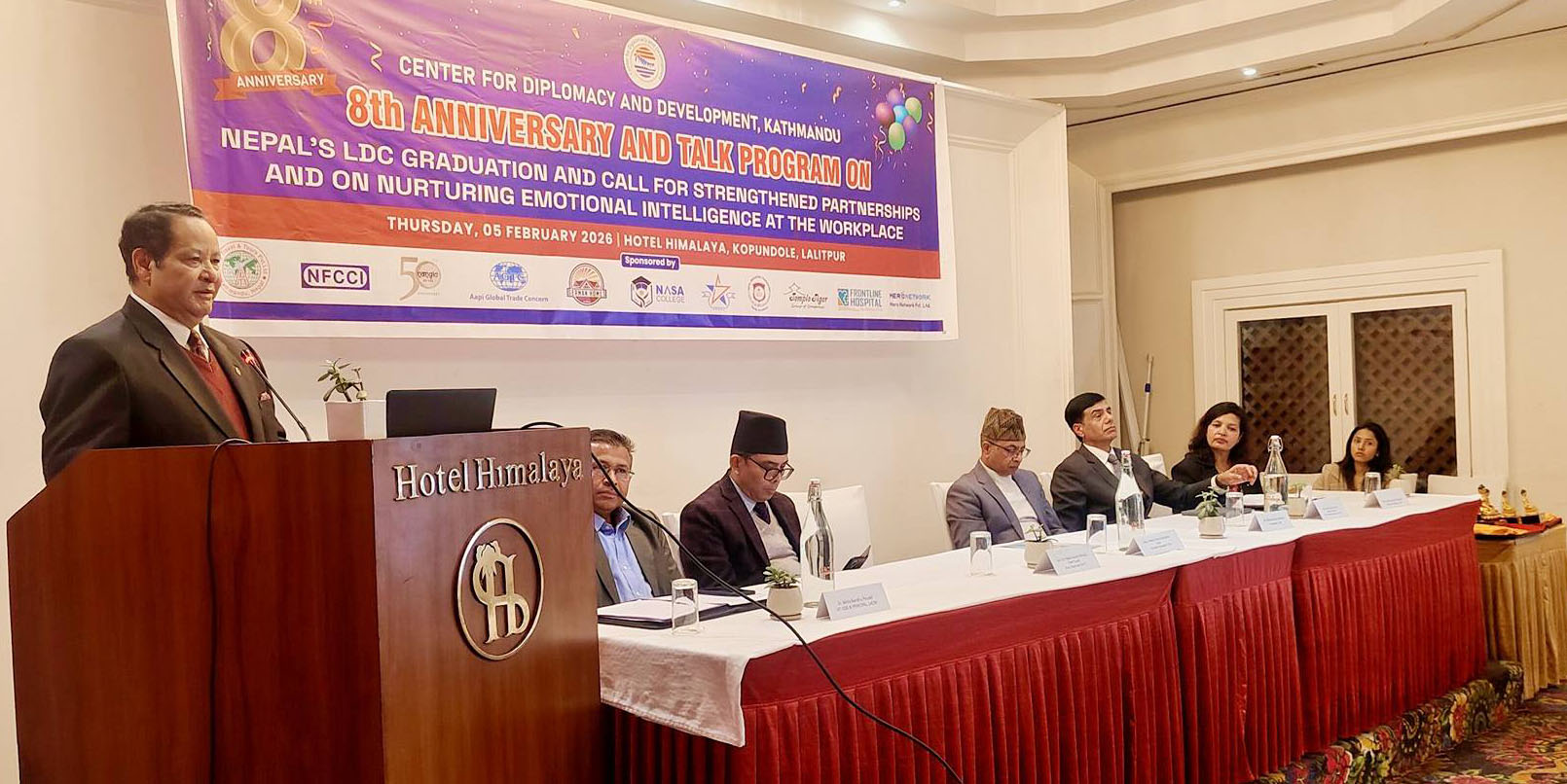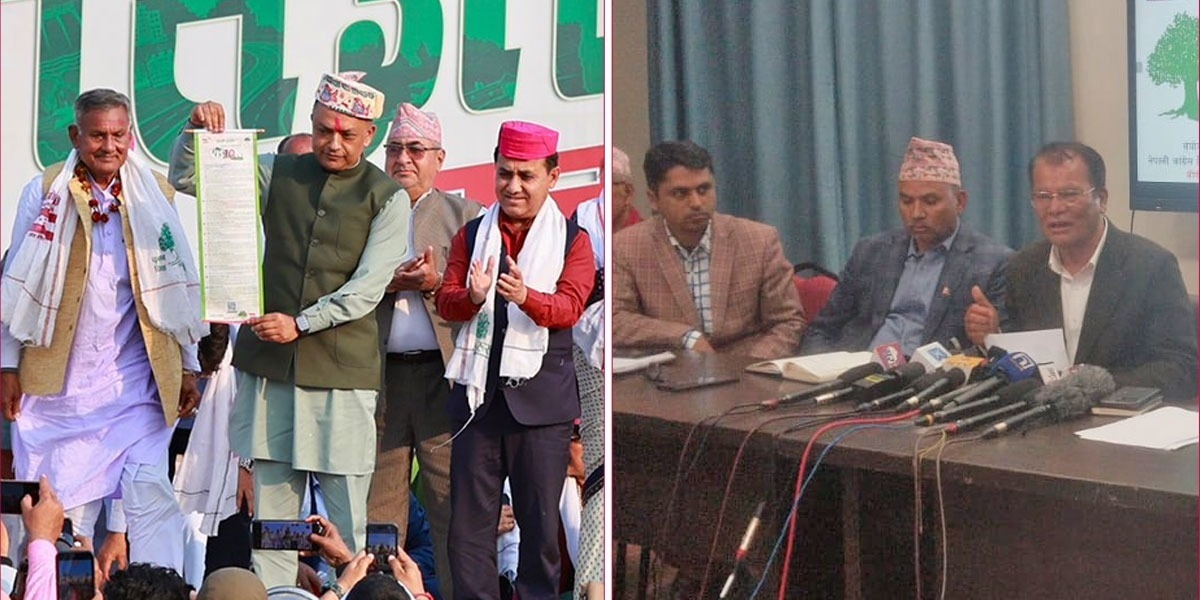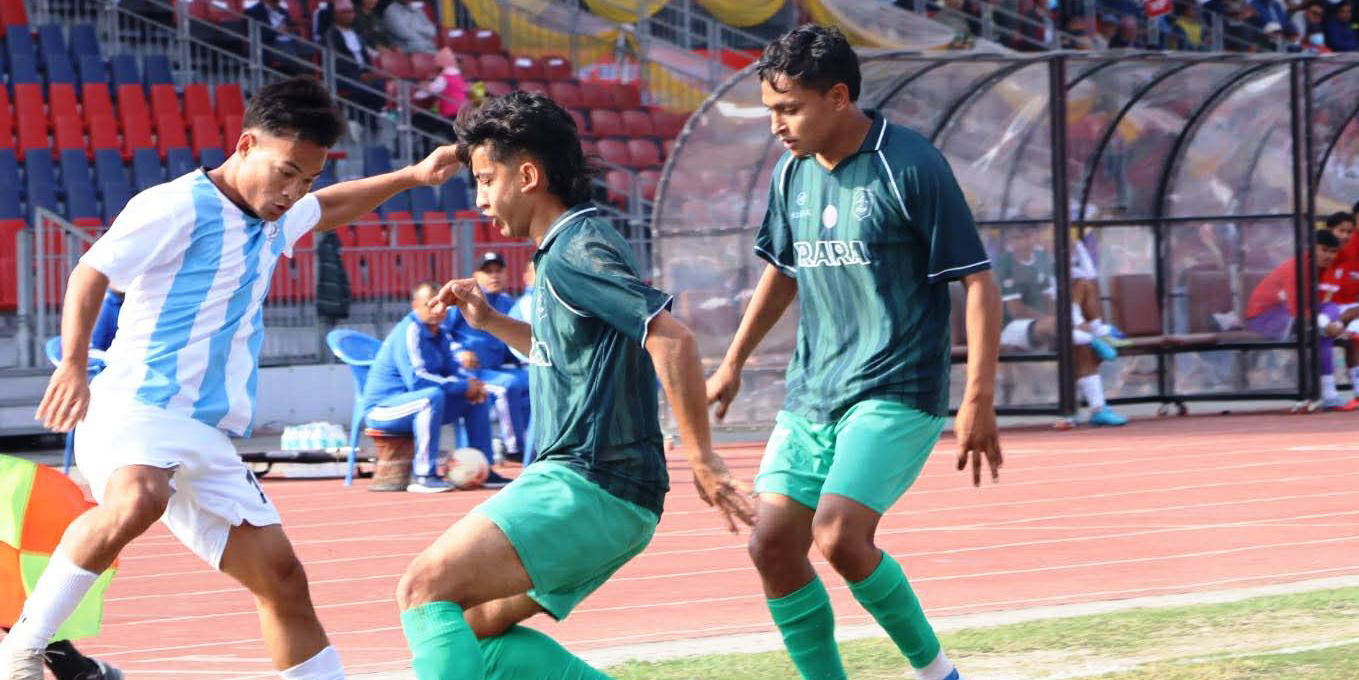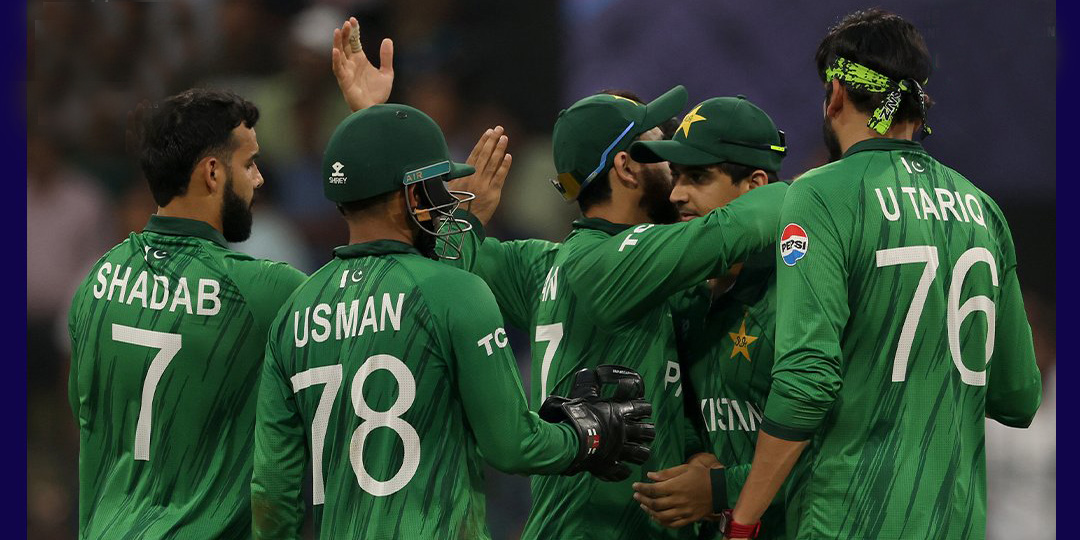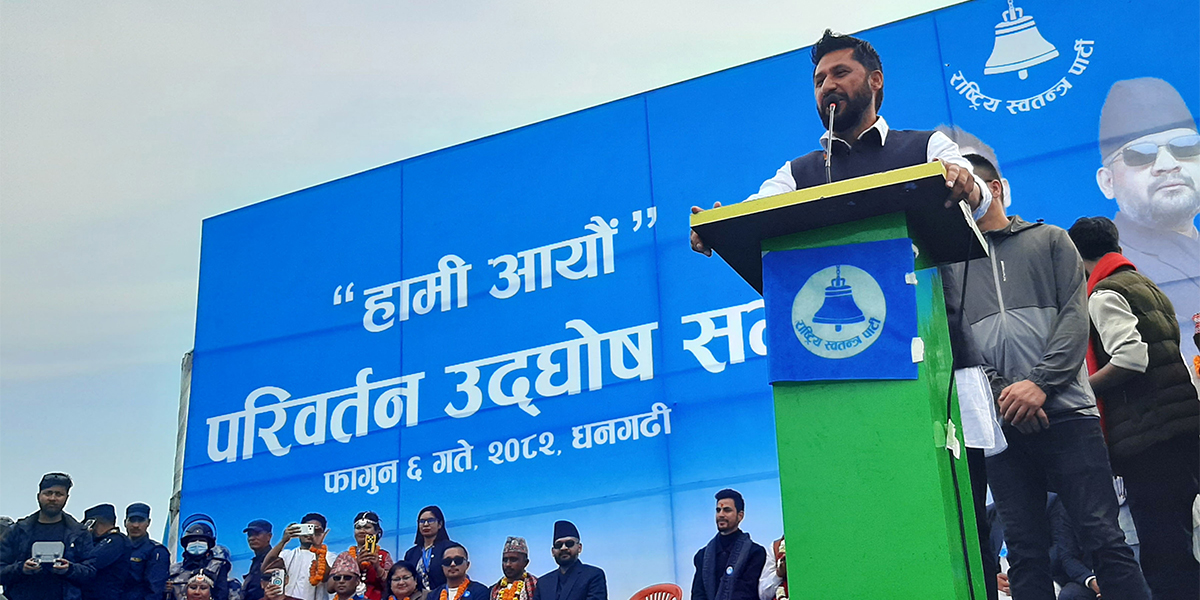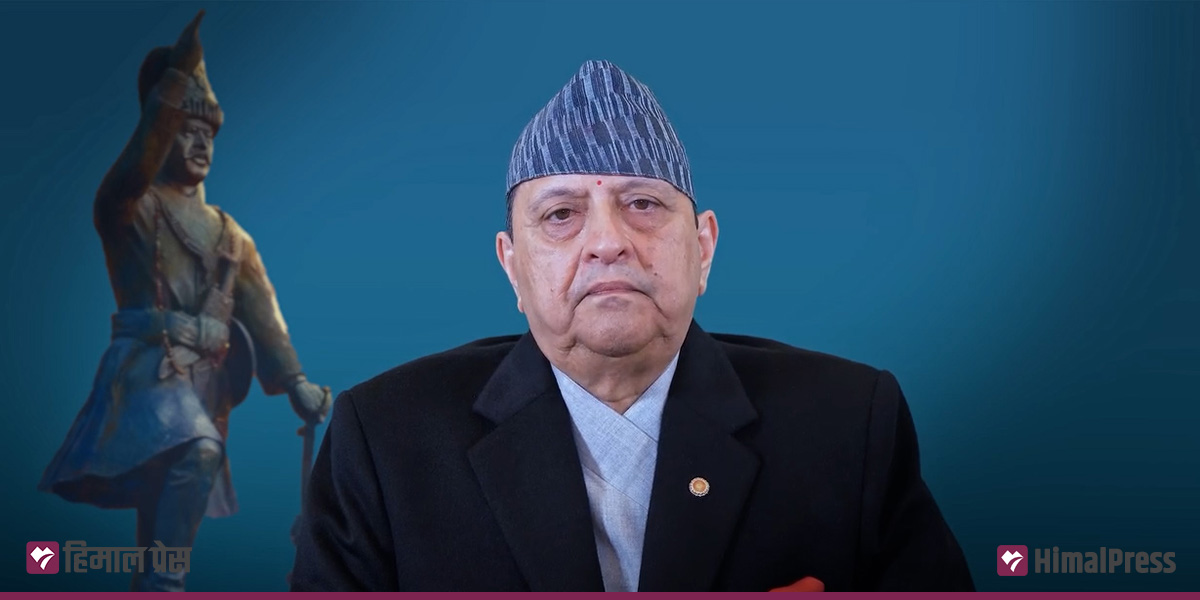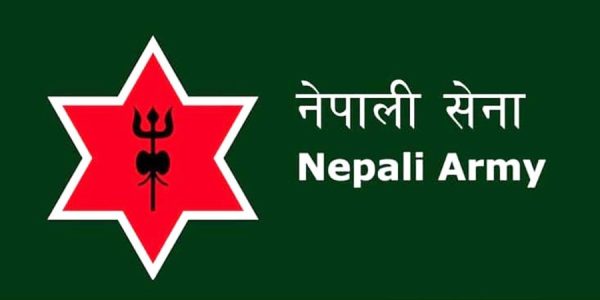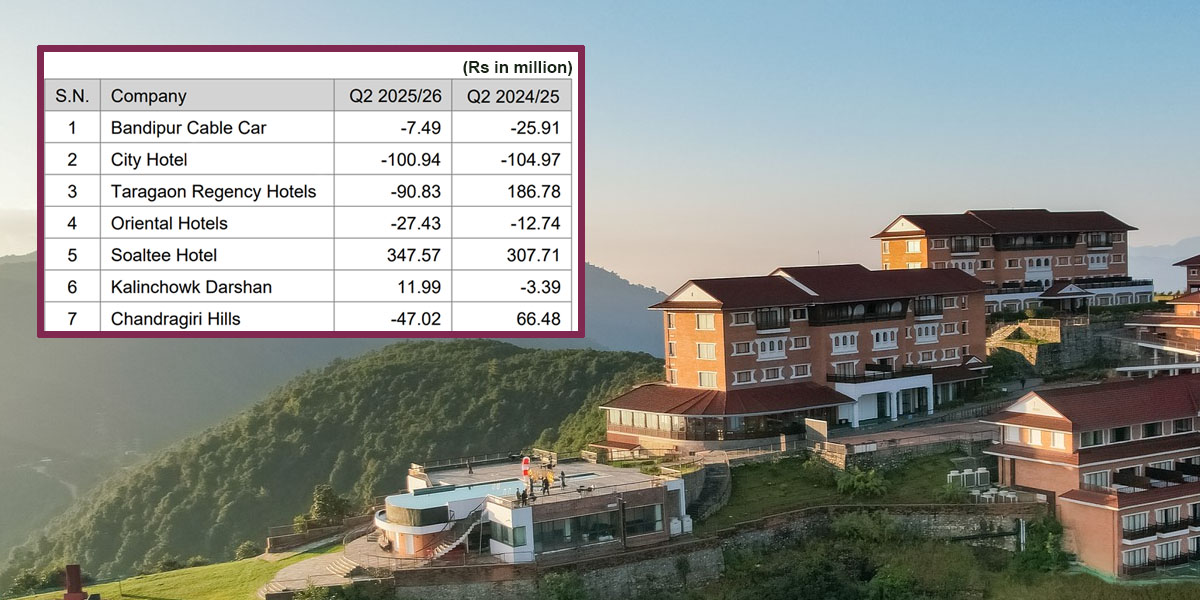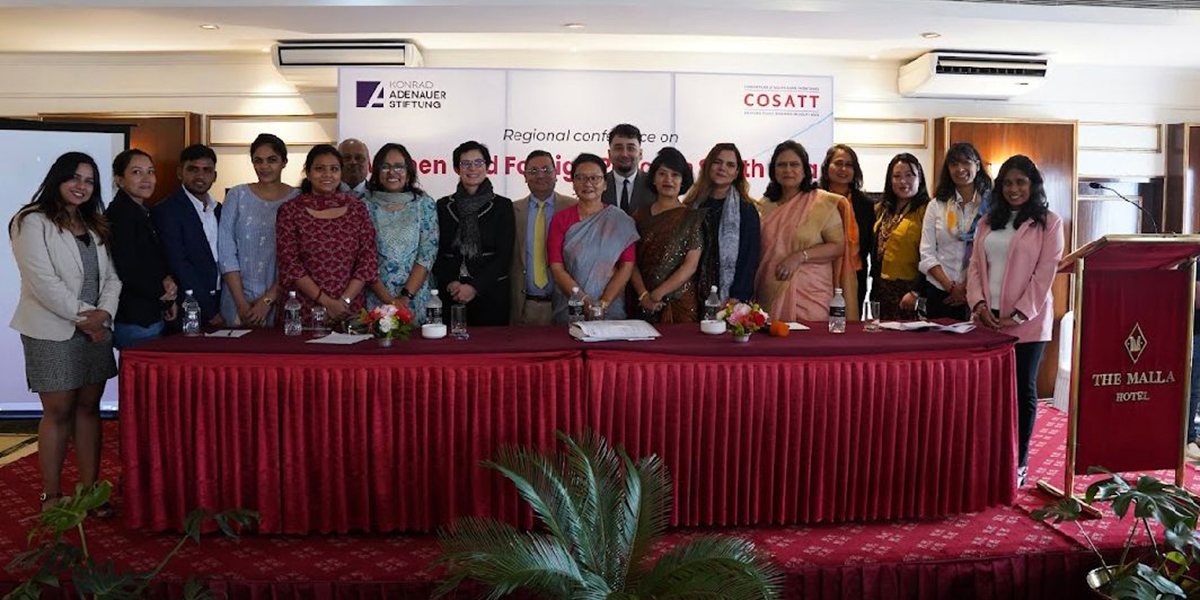
KATHMANDU: Experts have suggested that South Asian nations play a leading role in increasing the involvement of women in diplomatic endeavors. They also said that it is crucial to elevate women to prominent positions rather than merely discussing the idea of women’s participation.
A two-day regional conference on Women in Foreign Policy in South Asia, organized in Kathmandu jointly by Konrad Adenauer Stiftung (CAS) and Consortium of South Asian Think Tanks (COSATT) on August 24-25, concluded that the region currently faces a shortage of female diplomats, with little effort being dedicated to their inclusion and development. Over the two days, experts from various countries shared their perspectives on women’s participation in foreign policy in the South Asia region.
Speakers participating in the conference emphasized the need to communicate to national leadership that having women engage in diplomacy across all aspects would be beneficial. Dr. Nischalnath Pandey, Convener of COSATT and Director of the Centre for South Asian Studies (CSAS), highlighted the importance of women’s involvement in diplomacy. “The presence of South Asian women is significant not only in diplomacy but also in promoting world peace and even within the armed forces,” he added.
Akanksha Meena from Jawaharlal Nehru University stated that women’s rights have been violated in Afghanistan after the recent Taliban resurgence. “Women were starting to enjoy freedom with the downfall of the Taliban in 2001,” she said. “The leadership and government attitudes towards women shape the situation of women. Now, women’s participation in public bodies in Afghanistan has come down to zero.”
India’s former ambassador to the EU and the UK, Gayatri Issar Kumar, said India’s foreign policy prepared 70 years ago has facilitated the advancement of women’s participation in India. She also suggested integrating similar provisions in the South Asian Association for Regional Cooperation (SAARC) Charter to increase women’s participation.
Similarly, former Nepali ambassador to Israel, Anjan Shakya, said that the 2015 constitution has facilitated increased women’s participation in different state organs. “The constitutional requirement of having at least 33% women in all state organs is increasing women’s participation in Nepal,” she added.
Likewise, Pinki Singh Rana, founder and CEO of Kathmandu-based PSR Research and Consultancies, said among many issues of women, their participation in the diplomatic field is also important. “However, Nepal is the first in South Asia to take the lead in women’s rights. Nepal is ahead in South Asia in terms of issues like safe abortion and violence against women. Not only parliamentary representation, Nepal is ahead also in terms of women’s participation in the non-governmental and private sectors,” she added.
Savini de Silva, a PhD scholar at the University of Colombo of Sri Lanka said women’s participation is not increasing as expected despite Sri Lanka becoming the first country in the world to have a women Prime Minister. “Nobody supports women candidates in the elections, not even the media. The tendency of discouraging women still persists,” she added.
Earlier, addressing the inaugural session, Dr Joelle Hivonnet, Charge D’Affaires at the Delegation of the European Union to Nepal, stressed the need for enhanced gender equality despite progress in politics and various sectors worldwide. Highlighting the shortage of women’s representation in high-level positions and peace-building processes, she emphasized the importance of training and empowerment to promote their participation.
Over a dozen experts from the South Asia region participated in the conference.

 Himal Press
Himal Press 